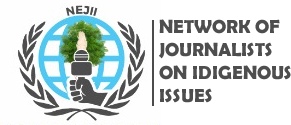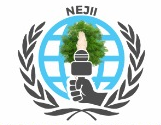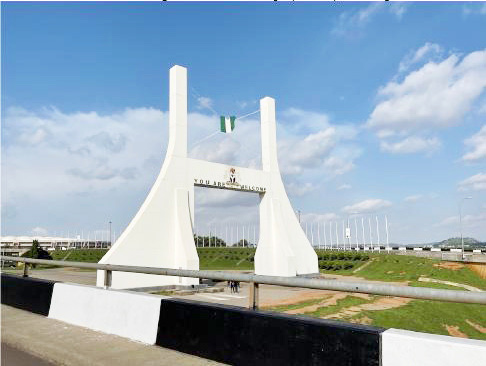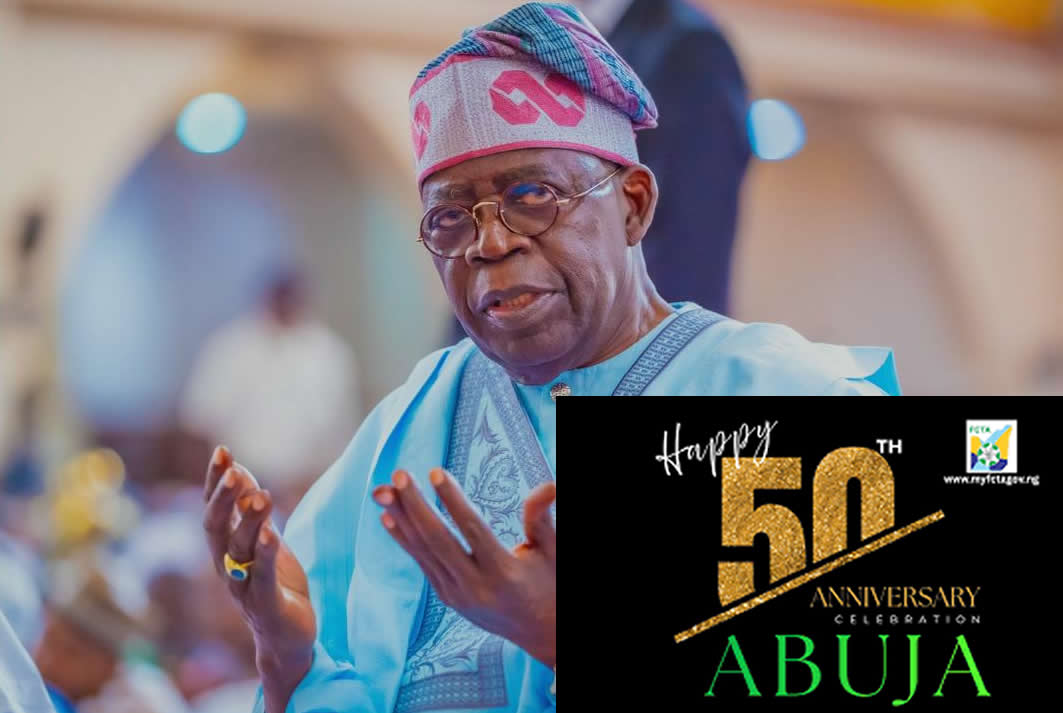The Network of Journalists on Indigenous Issues (NEJII) has launched a 15-month campaign aimed at spotlighting the plight of the original inhabitants of Abuja.
In a statement signed by its National Coordinator, Adewale Adeoye, the group said the campaign will involve building the capacity of journalists and developing mechanisms that shift public and institutional perspectives on indigenous issues.
The initiative seeks to promote greater awareness, visibility, and inclusion of the indigenous communities of Nigeria’s Federal Capital Territory (FCT), who have long suffered systemic marginalisation and displacement.
“Through media empowerment, policy engagement, and civic dialogue, NEJII will work with the media to bring the Original Inhabitants of Abuja to the centre of public discourse and national development priorities,” the group stated. “They have suffered in silence, and their voices in the valleys have not echoed enough to be heard.”
NEJII emphasized that Nigeria is a signatory to several regional and international treaties, including the International Labour Organisation (ILO) Convention 169, which obligates states to address the cultural, social, and economic marginalisation of indigenous peoples.
The group noted that Abuja’s original inhabitants including the Gwari, Gwandara, Dibo, Gade, Ebira, Ganagana, Koro, Nupe, and others have been subjected to a range of rights violations. These include the denial of ancestral lands, forced displacement, environmental degradation, terrorist incursions, and exclusion from political and economic decision-making.
“Constructive media engagement is necessary to tell the stories of Abuja’s indigenous people within historical contexts that reflect both their fears and aspirations,” the statement added.
Key components of the campaign include the production of a journalist training manual, capacity-building workshops for media practitioners, development of Information, Education and Communication (IEC) materials, and advocacy visits to key stakeholders.
NEJII announced that training sessions would be held in Abuja and Lagos to equip journalists with the tools needed to report ethically and effectively on issues such as indigenous rights, cultural identity, land justice, and development challenges faced by the FCT’s native communities.
The training materials will include comprehensive educational resources and toolkits designed to promote ethical, accurate, and rights-based reporting.
The campaign will also feature storytelling initiatives that highlight the lived experiences, struggles, and aspirations of Abuja’s indigenous communities across local and national media platforms. Advocacy efforts will include visits to native communities to document concerns and engage policymakers on the need for legislative and policy reforms that safeguard indigenous rights in the FCT.
“This initiative is about giving a platform to historically silenced voices,” NEJII said. “It is also a call to action for the media and policymakers to recognize and uphold the rights and identities of Abuja’s Original Inhabitants.
“Indigenous inclusion is a democratic and developmental imperative, and the media must play a leading role in shaping a more just narrative.”
Source: New Telegraph





